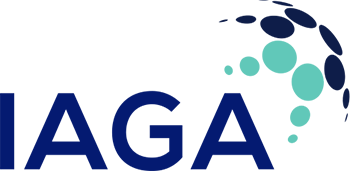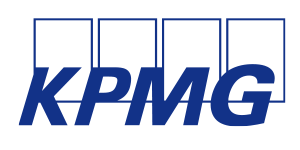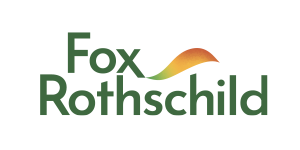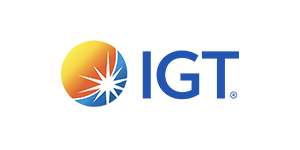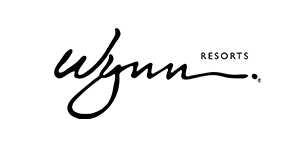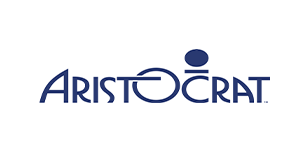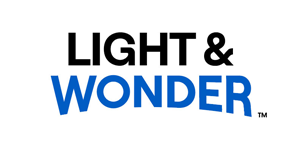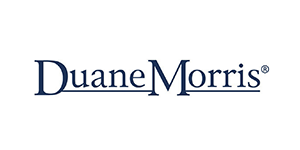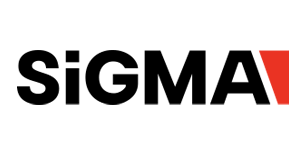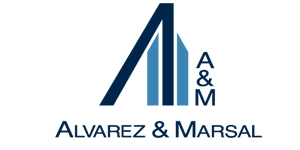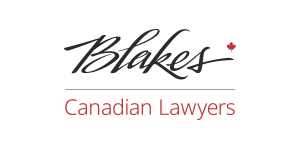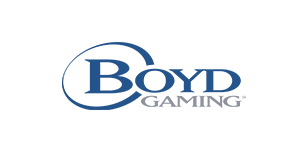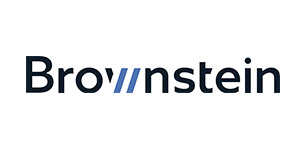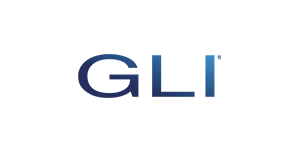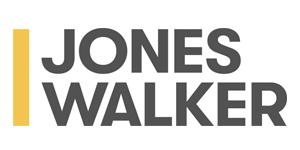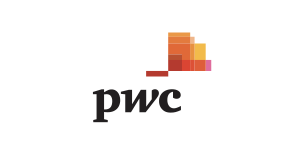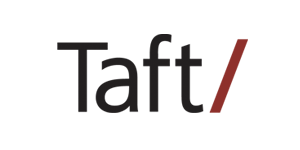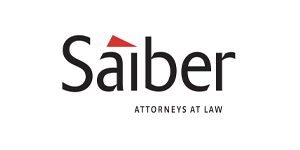- Home
- About IAGA
- Bylaws
- Our History
- Our Leadership
- Our News
- Events
- Membership
- Sponsorship
|
North Carolina Legalizes Commercial Sports Wagering As if the Outer Banks and a visit to the original Krispy Kreme were not enough of a draw to attract visitors to North Carolina, people will have another reason to visit the state – legalized commercial sports wagering. On June 14, 2023, Gov. Roy Cooper signed House Bill 347 (HB347) into law, making sports wagering on professional, collegiate, and amateur sports, including electronic sports, available to individuals located within the Tar Heel State by June 14, 2024. In order to offer or accept sports wagers in North Carolina, an interactive sports wagering license awarded by the North Carolina Lottery Commission will be required, and the Commission can award no more than 12 licenses to qualified applicants. Each application carries with it a $1 million licensing fee, which is generally nonrefundable and payable at the time of application, and a 18% tax is imposed on the gross wagering revenue earned by each interactive sports wagering operator. Once granted, a license is valid for five years. A sports facility may partner with an operator to provide sports wagering at a permanent place of public accommodation located at the sports facility, which includes temporary places of public accommodation for professional golf tournaments. HB347 also permits the use of digital, crypto and virtual currency in connection with authorized sports wagering. If the Commission receives more than 12 operator applications it will select the best-qualified applicants, taking into consideration a number of factors designed to select the applicants that best serve the public interest in maximizing revenue to the state, while preserving the integrity of sports wagering and ensuring accountability and preserving the public trust in licensed sports wagering activities. The Commission will consider a variety of factors in deciding whether to award a license, including the applicant’s history of job creation and capital investment in North Carolina, and future projections of same, and any plans to offer sports wagers at a public place at a sports facility. The Commission will review the applications and conduct background checks before deciding whether to award a license. Upon receipt of an application, the Commission has 60 days to review the application and make a determination, which can be extended by an additional 30 days. In order to offer sports betting on Tribal lands, a Tribal Gaming Enterprise must obtain a license from the Commission, however, such licenses will not count towards the 12 interactive sports wagering licenses available for distribution by the Commission. Operators are prohibited from accepting wagers from players who are physically present on Indian lands when the sports wager is initiated and received. Sports facilities, such as certain motorsports, golf and professional sports facilities within the state, and teams, may also apply for a license. In regard to sports data, if a sports governing body makes a request to the Commission that operators use official league data for tier two sports wagers on sporting events overseen by the body, then operators are generally required to use official league data for tier two sports wagers, unless they can demonstrate that using official league data in those instances is not commercially reasonable. HB347 also contains provisions related to the application and issuance of service provider licenses and sports wagering supplier licenses concerning entities that provide services and support to the operation of sports wagering. Companies requiring supplier licenses include, in part, providers of data feeds and odds services, internet platform providers, risk management providers and integrity monitoring providers. There is a $50,000 and $30,000 licensing fee, respectively for service provider and sports wagering supplier licenses, and each license is valid for five years once issued. The Commission generally must issue these licenses in the same time period as interactive sports wagering licenses, and may also issue temporary provisional sports wagering supplier licenses. Certain key persons and owners must be approved in connection with such licenses, although HB347 exempts certain governmental entities and entities subject to regulation by the Securities and Exchange Commission from licensure. Interestingly, sports governing bodies are permitted to enter into commercial agreements with operators in which the body may share in the amount bet from sports wagering on sporting events of the body, and further, the sports governing body is not required to obtain a license or any other approval from the Commission to lawfully accept such amounts. While the Commission may adopt rules related to sports wagering and accept applications for licenses before Jan. 8, 2024, the rules and any licenses cannot become effective prior to Jan. 8, 2024, and sports wagering must be authorized to go live by June 2024 pursuant to HB 347. Accordingly, sports wagering is expected to launch in North Carolina between January and June 2024. |
